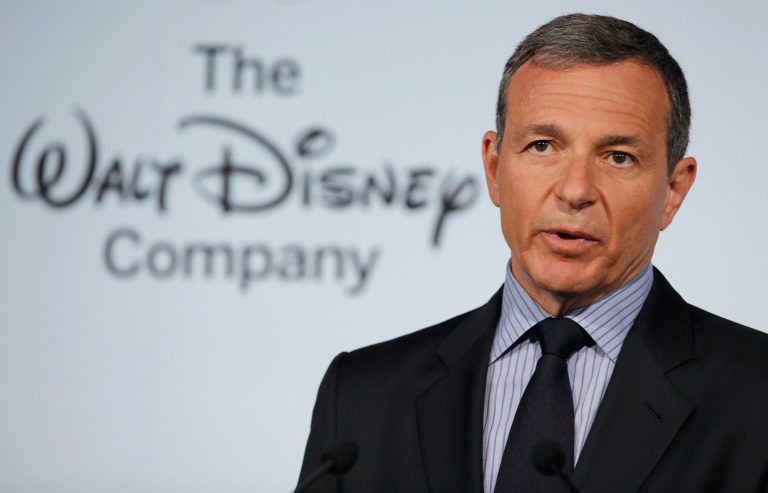Donald Trump’s historic return to the White House, following his victory in the 2024 election, has sent shockwaves through the global political landscape. As only the second U.S. president to serve non-consecutive terms, Trump’s renewed mandate comes at a time of intense geopolitical uncertainty. From the ongoing war in Ukraine to rising tensions in the South China Sea, the Middle East, and North Korea, Trump’s foreign policy will face immediate and complex challenges. His promises of “peace through strength” and “America First” will be tested in a world that has grown even more volatile since his first term. The question remains: Can Trump navigate these challenges, or will his bold strategies lead to further instability?
1. Will Trump Be Able to End the War in Ukraine?
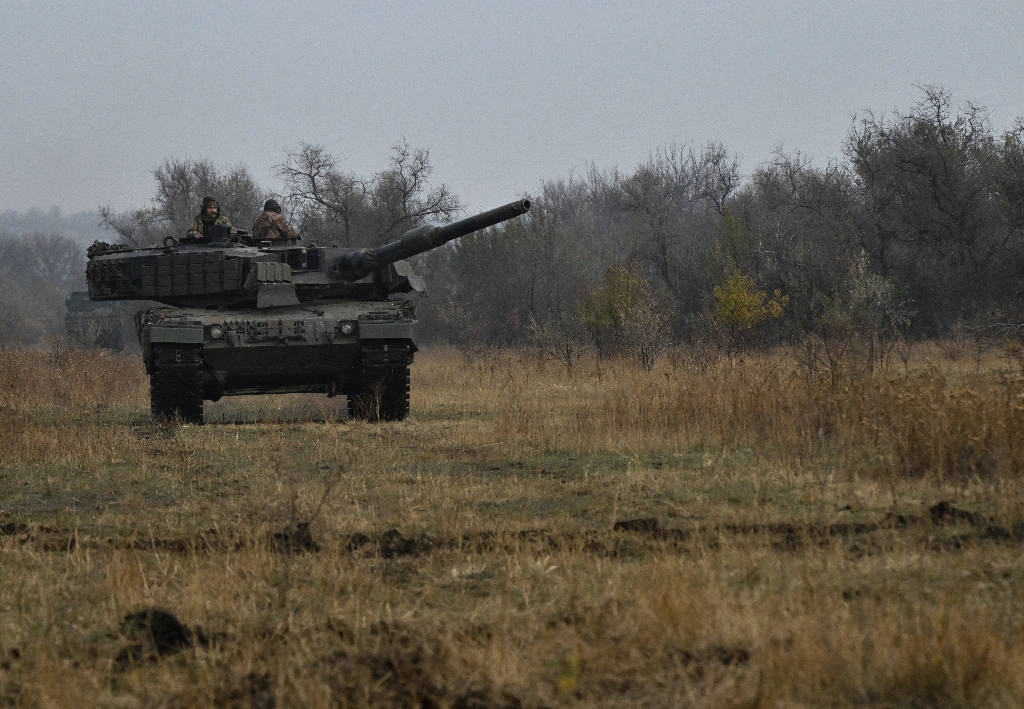
One of the most pressing international conflicts Trump will have to address is the war in Ukraine, which has dragged on since Russia’s invasion in 2022. During his campaign, Trump made conflicting statements regarding his approach to the conflict, leaving many to speculate about whether he will side with Russia or double down on support for Ukraine.
On one hand, Trump has historically expressed admiration for Vladimir Putin, which has led to concerns that he might seek to broker a peace deal that favors Russia. His reluctance to criticize Russia in the past, coupled with his transactional view of foreign policy, raises the possibility that Trump could pressure Ukraine into accepting unfavorable terms to end the war quickly. Such a move would likely involve concessions on Ukrainian sovereignty, particularly in the eastern regions, which could be seen as a betrayal by Kyiv and its Western allies.
However, Trump has also hinted at a more aggressive stance toward Russia. During a recent appearance on the Joe Rogan Experience, Trump suggested that he would impose even harsher sanctions on Russia, particularly targeting its oil and gas sectors, to force Putin to the negotiating table. He argued that by lowering global oil prices and crippling Russia’s energy-dependent economy, he could coerce Moscow into accepting a peace deal on his terms. Trump’s confidence in his ability to manipulate global markets and pressure foreign leaders is characteristic of his approach to foreign policy.
Yet, this strategy may be overly simplistic and naive. If Russia feels cornered, with its economy in shambles and no viable exit from the war, Putin could escalate the conflict further. Desperation might drive Russia to intensify its military campaign in Ukraine, potentially leading to even greater devastation. Furthermore, Russia could deepen its alliance with China, creating a formidable anti-Western bloc that would complicate U.S. efforts to resolve the conflict diplomatically.
2. Will Trump Put Tariffs on China? Will There Be an Invasion of Taiwan?
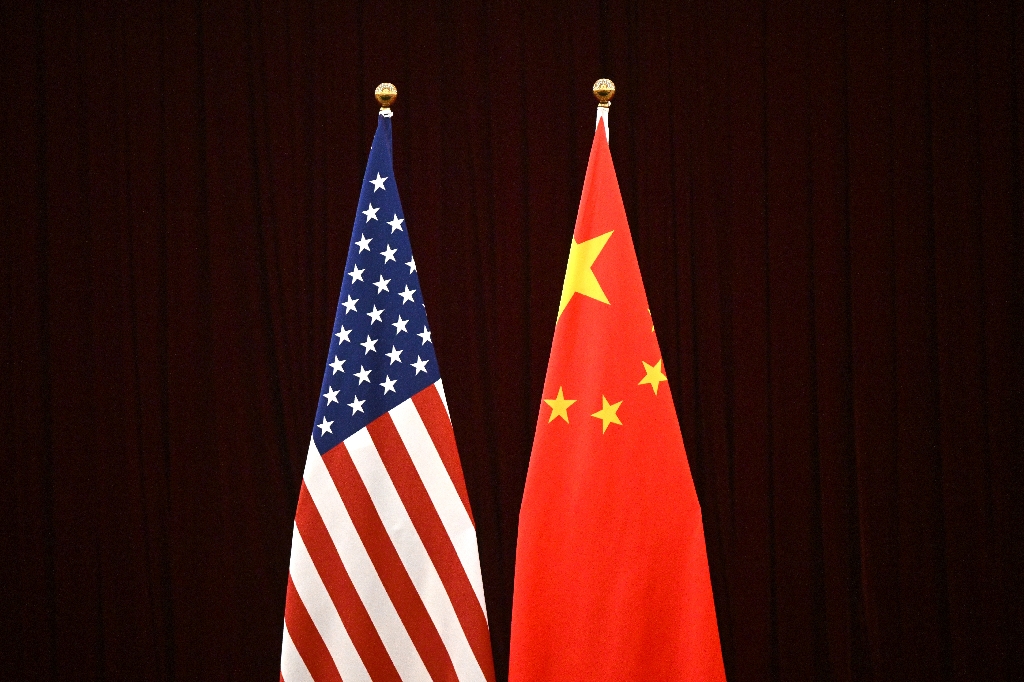
Another major geopolitical flashpoint is U.S.-China relations, particularly regarding trade and the potential for a Chinese invasion of Taiwan. Trump has long been critical of China’s trade practices and has vowed to implement a 35% tariff on Chinese goods if Beijing does not agree to more favorable trade terms. Trump believes that these tariffs will protect American industries and reduce the U.S. trade deficit with China, but the reality may be more complicated.
Imposing such steep tariffs could backfire, leading to higher prices for U.S. consumers and businesses. Many American companies rely on Chinese manufacturing for their supply chains, and the sudden imposition of tariffs could exacerbate inflationary pressures. Additionally, China might retaliate with tariffs of its own, sparking a trade war that could hurt both economies. The uncertainty surrounding Trump’s trade policies has already rattled global markets, and his return to office could reignite fears of economic decoupling between the world’s two largest economies.
On the issue of Taiwan, Trump has expressed confidence that his tough stance on China will deter Beijing from invading the island. He believes that by projecting strength—through economic pressure and military posturing—he can prevent China from making any aggressive moves. Trump’s logic is that China, already facing economic headwinds, would not risk a full-scale war with the U.S. over Taiwan.
While Trump’s belief in “peace through strength” has merit, it’s unclear whether Xi Jinping’s China will be deterred by such tactics. China views Taiwan as a core national interest, and any perceived threat to its sovereignty could provoke a military response. Trump’s unpredictability, while potentially a deterrent, could also lead to miscalculation, with disastrous consequences for regional stability.
3. Can Trump Stop the War in Gaza?

The Middle East remains another volatile region where Trump’s foreign policy will be put to the test. The ongoing conflict between Israel and Hamas in Gaza has escalated in recent months, drawing in regional powers and threatening to ignite a wider war. Trump has promised to bring an end to the violence, but his approach could either stabilize the region or plunge it into deeper chaos.
Trump’s close relationship with Israel’s leadership, particularly Prime Minister Benjamin Netanyahu, suggests that he will continue to support Israel’s right to defend itself. However, Trump has also expressed a desire to broker a peace deal between Israel and its Arab neighbors, as he did with the Abraham Accords during his first term. He may seek to expand these agreements to include a resolution to the Gaza conflict, but doing so will require difficult compromises.
One possibility is that Trump could strike a deal that satisfies neither side fully but prevents further bloodshed. Such a deal might involve concessions from both Israel and Hamas, potentially including a ceasefire, humanitarian aid to Gaza, and limited autonomy for Palestinian territories. While this would not satisfy hardliners on either side, it could be the best available option to prevent a wider regional war. However, Trump’s transactional approach to diplomacy could also alienate key players, leading to further instability.
4. Improving Relations with North Korea
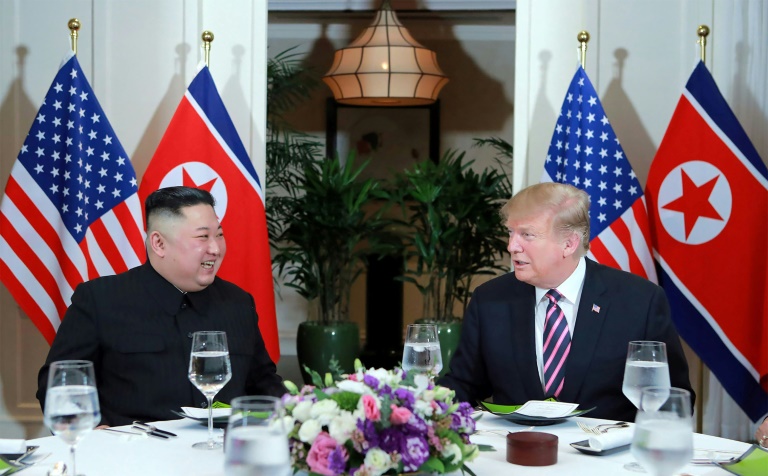
One of the more surprising successes of Trump’s first term was his outreach to North Korean leader Kim Jong-un. Despite initial fears of nuclear war, Trump managed to de-escalate tensions and even held historic summits with Kim. While these meetings did not lead to the denuclearization of the Korean Peninsula, they did open a channel of communication that had been absent for decades.
Trump has expressed interest in rekindling this relationship, and there is potential for progress. North Korea remains isolated and economically weak, and Trump may see an opportunity to strike a deal that benefits both sides. However, Kim Jong-un has shown little willingness to give up his nuclear arsenal, and any future negotiations will likely be fraught with challenges. Trump’s ability to maintain a personal rapport with Kim could be an asset, but it remains to be seen whether this will translate into meaningful diplomatic gains.
5. European Uncertainty: A Continent on Edge
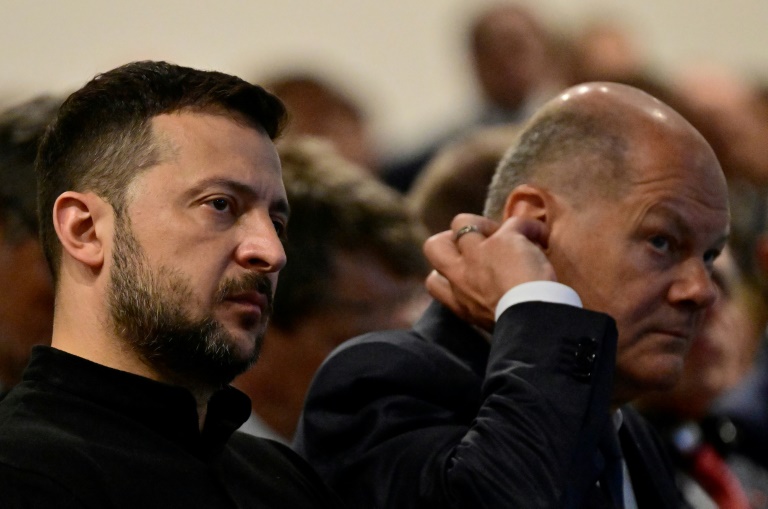
Perhaps no region is more uncertain about Trump’s return to power than Europe. During his first term, Trump frequently criticized NATO, questioned the value of transatlantic alliances, and imposed tariffs on European goods. His skepticism of multilateral institutions and preference for bilateral deals left many European leaders wary of his intentions.
As Trump prepares to re-enter the global stage, European leaders are bracing for a more transactional and unpredictable U.S. foreign policy. Trump’s focus on “America First” could strain relations with key European allies, particularly if he seeks to reduce U.S. commitments to NATO or impose new trade barriers. At the same time, Europe faces its own challenges, including the ongoing war in Ukraine, energy insecurity, and rising populism. Trump’s approach to these issues will likely exacerbate divisions within the EU, as member states struggle to navigate a new era of U.S. leadership.
The Only Certainty is Uncertainty
As Donald Trump prepares to take office for a second time, the world faces an uncertain future. His foreign policy will be shaped by the same bold, unpredictable style that characterized his first term, but the stakes are even higher now. From Ukraine to Taiwan, Gaza to North Korea, Trump will have to navigate a complex web of geopolitical challenges. His confidence in his ability to strike deals and project strength may yield some successes, but it could also lead to miscalculations that plunge the world into deeper conflict.
Ultimately, the only thing that is certain is that nothing is certain. Trump’s return to the White House marks a new chapter in global politics, one that promises to be as turbulent and unpredictable as the man himself. Whether he can deliver on his promises of peace and prosperity remains to be seen, but one thing is clear: the world will be watching closely.


